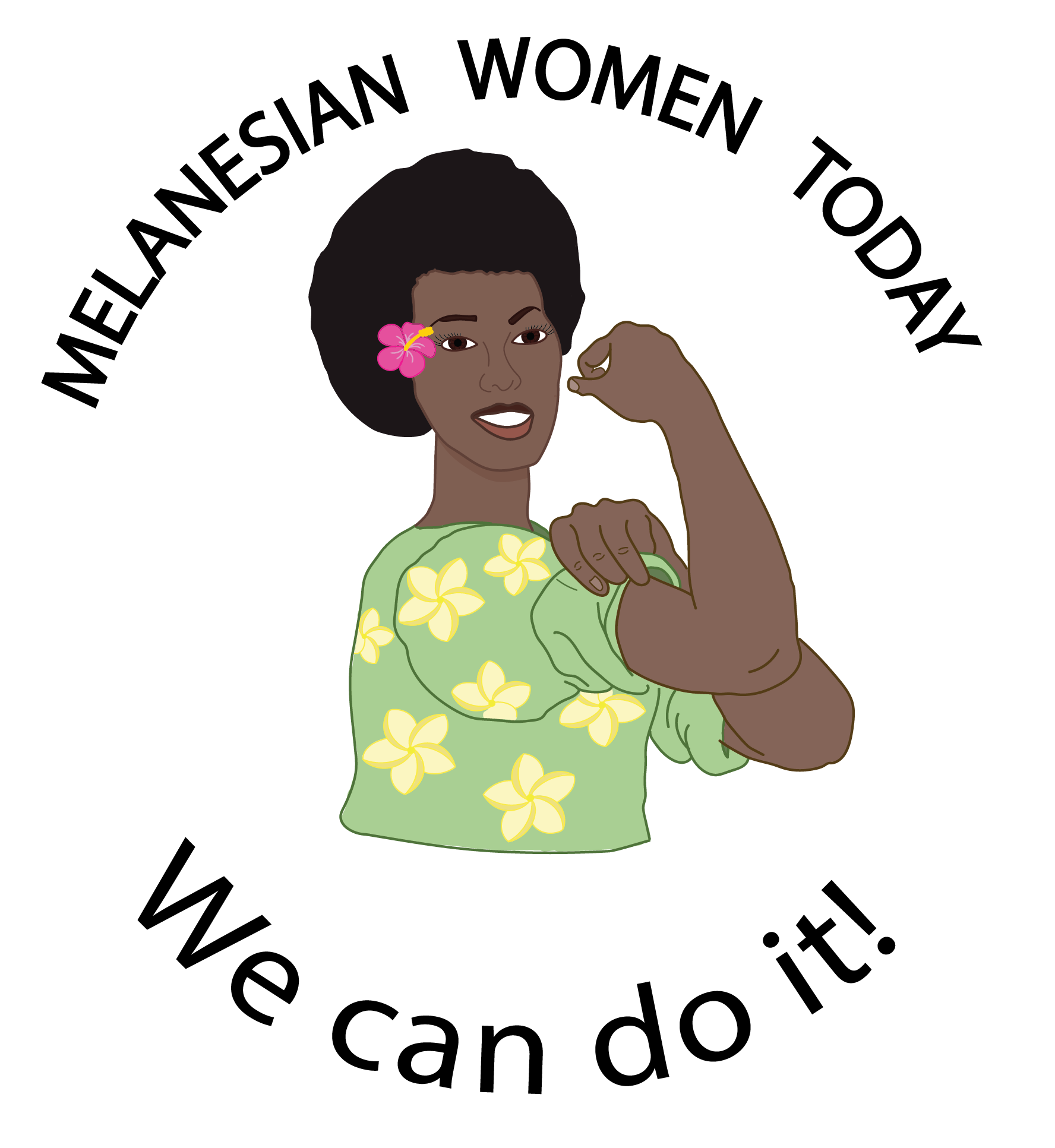The Importance of Mother Tongue and Women's Role in Language Preservation
The importance of mother tongue in Melanesia cannot be overstated, as it is crucial for preserving cultural heritage and ancestral traditions. Women play a pivotal role in this, passing on cultural knowledge and language to their children and grandchildren through storytelling, singing, and dancing. They are also the keepers of sacred knowledge and practices, including traditional medicine, important rituals, and divination.
However, the imposition of dominant official languages is a common problem in many parts of the world, including Melanesia, due to factors such as colonization, political unrest, and globalization. This has led to the loss of mother languages, with some even facing the threat of extinction. For instance, in West Papua, the Indonesian government has enforced the use of Bahasa Indonesia, which has led to a decline in indigenous languages. Similarly, French has become the dominant language in New Caledonia, leading to the gradual loss of local languages such as Kanak and Drehu.
The loss of mother languages not only impacts cultural identity but also has negative effects on education, as children who are not proficient in their mother tongue may struggle academically. Additionally, the loss of linguistic diversity has broader impacts on society, such as reducing biodiversity, hindering sustainable development, and limiting intercultural dialogue. Therefore, it is vital to recognize and support women's contributions in preserving Melanesian cultural heritage, including their role in maintaining mother tongue and transmitting it to future generations.
To gain insight into the personal significance of mother tongue, we asked four women from the region:
"What does your mother language mean to you, and how does it connect you to your culture and identity?"
Spotlight:International Mother Language Day, Feb 21!
Hear from four Melanesian women on the transformative power of mother languages:
"My mother tongue identifies me with my people, clan, tribe, and nation, filling me with pride and a sense of identity. It allows me to connect with my community in countless ways, shaping my worldview and how I interact with the world. By learning and understanding my mother tongue, I am empowered to contribute to the global pursuit of knowledge and offer solutions to various challenges." Ruth Maetala - Solomon Islands
"If we lose our language, we will lose our culture because so much of our customs are woven into our language. I want to encourage Indigenous Pacific Islanders to research and record their cultures and learn their languages. I am learning to speak Fijian fluently as an adult and it has been costly to pay tutors to help me, but it is a worthwhile investment. I hope Islanders will be proud of who they are and the culture they come from." Talei Caucau - Fiji"Mother language is very important in shaping our identity, the survival of our ancestral worldview that shapes our cultural roots. For us in West Papua, who are living under colonialism, the first thing that the ruler did was to ban us from using our own mother language. Instead, we have to use the Indonesian language, and use it in the formal sector, while our own language is starting to become extinct. The extinction of the local languages will have a huge impact on our society because we have names for everything around us, but we cannot find synonyms in the Indonesian language. This will cause the local language users to decrease over the years, and it causes us (local Papuans) to start losing values, identity, and also culture that really shapes our worldviews. This will make our uniqueness disappear and start using other people's (Indonesian) culture." Esther Haluk - West Papua
"In my story, I am a mixed-race child, part Kanak from New Caledonia and part Algerian and French. I was raised in my mother's family, who only spoke French. However, my father's family speaks a Kanak language called "Ajië-Aro". Ajië-Aro is the local language of one part of the northern territory in New Caledonia called Houailou. Although my parents never taught me the local language, I know some words and expressions, but I could never understand a full conversation. Not knowing a local language was not a disadvantage in the capital city, Nouméa, where French colonization has tended to erase any Kanak culture and identity. Local languages were never used in the city or in administrative settings and only recently have been introduced in high schools and television programs. People who spoke local languages were seen as uneducated and "wild". During the violent and anti-Kanak period of 'indigénat' from 1887 to 1946, where Kanak people were forced to labor, those who spoke their mother language were physically punished. Even today, local languages are still stigmatized in our Caledonian society, and French is still considered the only "valid" language to speak. As I grew up, it became clear to me that my incapacity to speak Ajië-Aro was definitely a disadvantage. Today, I see the world through a French paradigm because all my words are defined by the French language. However, my education is still Oceanian. Although there will always be a duality in my conception of the world, I try to use it as a strength and not a weakness. I am proud of my origins, and I think it shows up in my illustrations. I am deeply convinced that teaching local languages at school and recognizing them as part of our Caledonian culture would improve our society. Teaching local languages to mixed-race children like me would also be beneficial for them to grow up within two cultural identities and fully be part of two worlds. The Kanak world is complex, and it is undeniable that Kanak languages are the doorkeepers to this world. French will never be able to faithfully transcribe the Kanak reality; it only gives us a glimpse of the beauty of my people." MaryLou - New Caledonia

